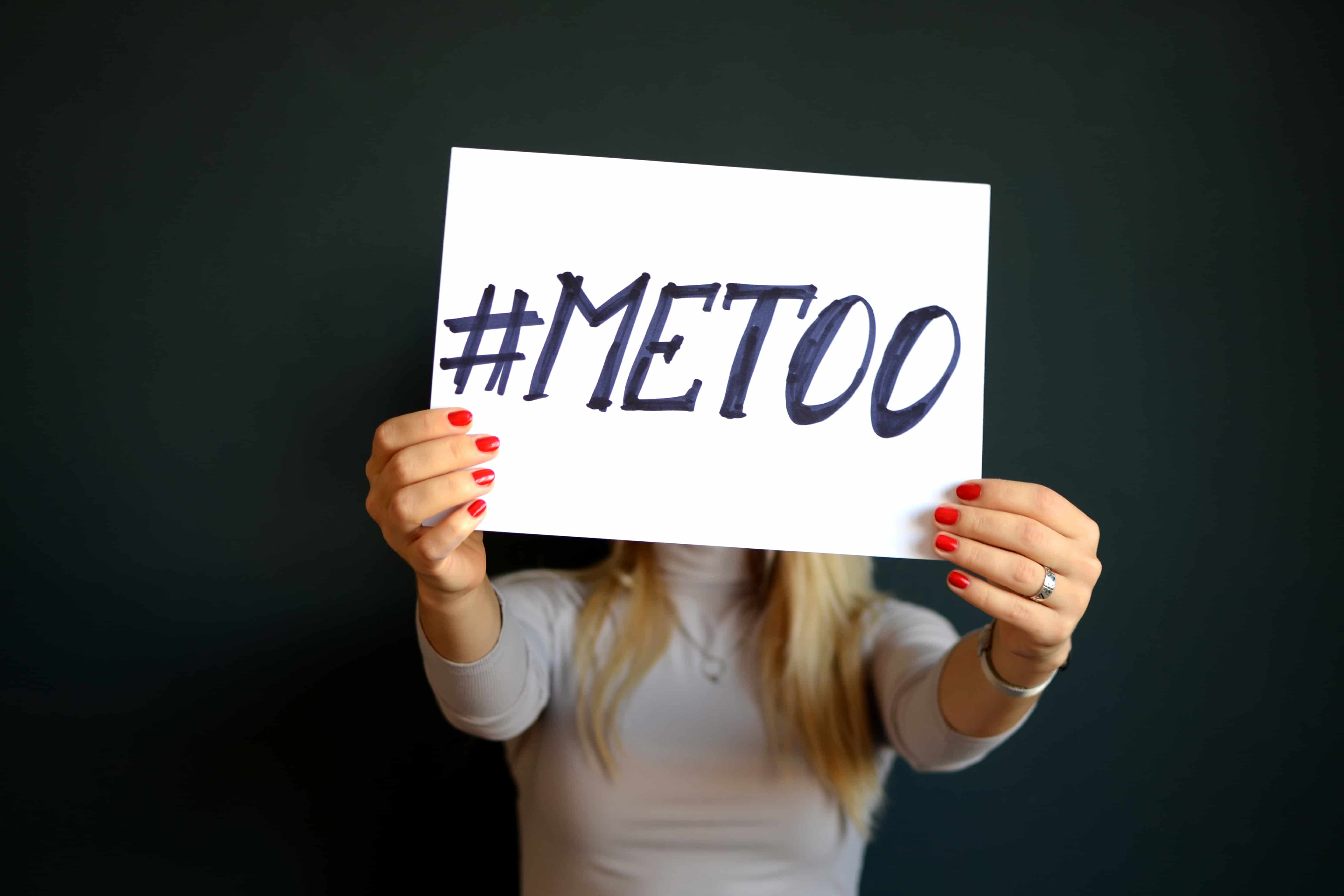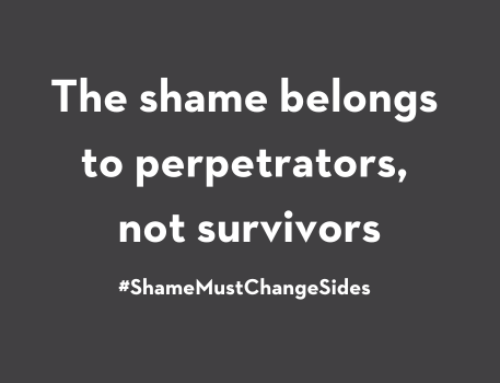Roxane Gay, an acclaimed feminist author, wrote an essay titled “This is How We All Lose.” Her essay dissects the way society currently talks about gender equality as if it were a zero-sum game: “if women’s fortunes improve, it must mean men’s fortunes will suffer.” As Gay describes it, the catchy saying “men are from Mars, women are from Venus” fails to remind people that, although different, both rotate around the same sun.
In Canada, it is estimated that 22 incidents of sexual assault occur each year for every 1,000 Canadians. The rate of this crime has remained virtually unchanged since 2004. Ninety-nine percent of the accused perpetrators are male. If they knew that no one would find out and they wouldn’t face any consequences, nearly one in three college men admit that they might rape a woman.
The term ‘rape culture’ has been used since the 1970s to explain the “complex set of beliefs that encourage male sexual aggression and supports violence against women,” according to author Emilie Buchwald in Transforming a Rape Culture. Within rape culture, the questions posed after sexual assault often put the blame on the survivor instead of the perpetrator. What was she wearing? Was she drinking? Did she give mixed signals? The believability of the survivor is based on the answers to these questions, how they’re presented, and too often other irrelevant factors, including, the race, socioeconomic status, mental health or gender expression of the survivor. Although we are thankfully in a time of global conversation around sexual assault and harassment at home and at work through the #MeToo and #TimesUp movements, rape culture can still feel like an inevitability.
In rape culture, the burden of proof lies on the survivor of the assault and not the perpetrator. Our culture doesn’t encourage us to question what makes men feel entitled to women’s bodies. Men, especially, don’t ask this enough of themselves or of other men.
‘Toxic masculinity’ does not imply that men are inherently violent, or that all men are toxic. The term refers to the expectations and restrictions society puts on men to define what a “man” should and shouldn’t be. Society defines “manliness” as the expression of strength, dominance, assertiveness, and power. Men are often forced to conform to stereotypes through bullying and peer pressure. To prove their “manliness,” men can end up hurting both themselves and others.
The result is a society where many men feel sexually entitled to women’s bodies, seeing them as objects to reaffirm their masculinity. Studies have found that domestic violence and sexual assault is most likely to occur in patriarchal cultures that strongly enforce gender roles and perpetuate unequal power relationships between men and women.
Thordis Elva, a survivor, recently co-wrote a book with the perpetrator of her assault. The book, “South of Forgiveness,” received controversy for giving a self-proclaimed rapist a platform to speak. But, Thordis hopes to start a larger conversation around men’s sexual entitlement by sitting down to talk with the perpetrator. In an interview with the authors, the perpetrator states that “nothing happened” to him to turn him into someone who could commit this act of violence. Thordis responded: “patriarchy happened.”
As we look more closely at the reasons men feel enabled to assault women, we can also see how these same toxic ideas of manliness are negatively affecting men and boys.
A recent headline noted that toxic masculinity might be to blame for quadrupling the suicide rate among Canadian men. Similarly, clinical psychologist and researcher, Dan Bilsker, wondered if toxic masculinity is playing a role in the opioid crisis. In British Columbia in 2016, 80% of the 935 fatal opioid overdose victims were men. He observes how “we haven’t really thought deeply or well about who men are, about what the pressures on them are, what we need them to be.” To create societies that are safer for all, we need to work together to deconstruct toxic gender norms and encourage men and boys to be part of the solution for ending gender-based violence.
Read more:
- White Ribbon is the world’s largest movement of men and boys working to end violence against women and girls, promote gender equity, healthy relationships and a new vision of masculinity. You can learn more about their work in Canada and how you can become an ally by visiting their website.
- The Sexual Assault Support Center of Waterloo has a MaleAllies department that encourages critical introspection in men and boys by helping them to understand gender-based violence as a men’s issue.
- Next Gen Men is a youth-led nonprofit focused on building better men through peer engagement, education, and empowerment across the country. You can bring Next Gen Men to your school!
- Kristen McGoey, a professional photographer and mother, features boys breaking gender norms to pursue their true passions: dancing, dress-up and more! #aBoyCanToo
MANinfest Change in Ottawa is a public awareness campaign that sees men and boys as agents of change and empowered bystanders who can help put a stop to violence against women.
Learn More:
- Village Bloggurls: The Male Gaze and the Media
- Engaging Men and Boys in Gender Equality: Q&A with Kevin Vowles
- Meet the World’s Most Prominent Male Feminist: A Q&A with Michael Kimmel
Take Action:
- Sign up for our e-newsletter to have our latest stories and resources sent to your inbox.
- Follow us on Facebook and Twitter to join a national conversation about gender equality.







